 How on Earth’s Beth Bennett talks with authors Ridge Shinn and Lynne Pledger about how regenerative grazing can replace corn-based feedlots, which are responsible for significant climate emissions, nitrogen pollution, and animal suffering. Their book, Grass-Fed Beef for a Post-Pandemic World, outlines a hopeful path out of our broken food system via regional networks of regeneratively produced meat. They talk about how this ancient method of animal husbandry can restore degraded farmland, increase biodiversity, combat climate change by reducing emissions and sequestering carbon and produce nutrient-dense, healthy meat for consumers. More information at Big Picture Beef.
How on Earth’s Beth Bennett talks with authors Ridge Shinn and Lynne Pledger about how regenerative grazing can replace corn-based feedlots, which are responsible for significant climate emissions, nitrogen pollution, and animal suffering. Their book, Grass-Fed Beef for a Post-Pandemic World, outlines a hopeful path out of our broken food system via regional networks of regeneratively produced meat. They talk about how this ancient method of animal husbandry can restore degraded farmland, increase biodiversity, combat climate change by reducing emissions and sequestering carbon and produce nutrient-dense, healthy meat for consumers. More information at Big Picture Beef.
Also, Shelley Schlender talks with Sarah Johnson, a professor of food, science and human nutrition at Colorado State University, about a recent study indicating that in mice prone to artery disease, those that ate belgian endive reduced the instability of artery plaques. That may be important, because in people, unstable plaques can trigger heart attacks.
Hosts: Joel Parker, Beth Bennett
Producer: Joel Parker
Additional contributions: Shelley Schlender
Executive Producer: Susan Moran
Listen to the show:
Podcast: Play in new window | Download (Duration: 27:01 — 37.1MB)
Subscribe: RSS




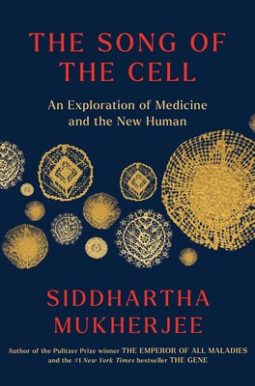 Today on How on Earth, Beth talks with Dr Siddhartha Mukherjee. His first book, The Emperor of All Maladies, won the Pulitzer Prize in 2011. His
Today on How on Earth, Beth talks with Dr Siddhartha Mukherjee. His first book, The Emperor of All Maladies, won the Pulitzer Prize in 2011. His 
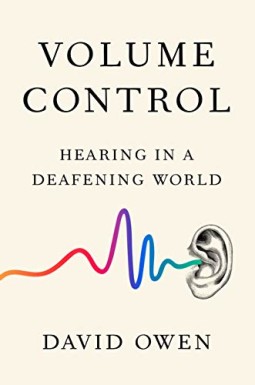 Starting this week, the FDA has approved the
Starting this week, the FDA has approved the  We talk with author
We talk with author  Pollution Impacts on Gut Microbiome (starts at 1:00) The
Pollution Impacts on Gut Microbiome (starts at 1:00) The 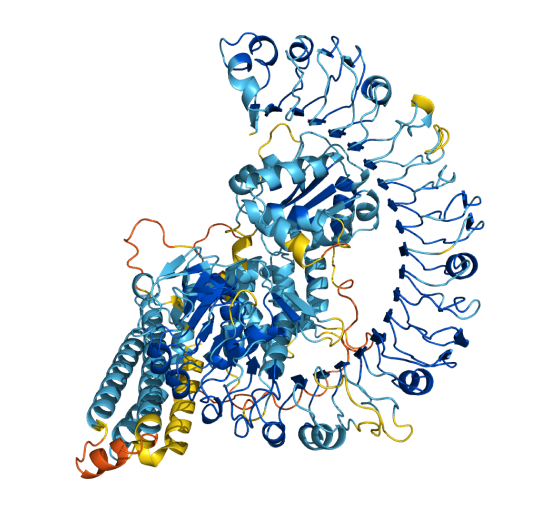 Folding Proteins (starts at 15:53) Proteins are essential for the function of our bodies and other biological systems. One mystery is how proteins containing hundreds of amino acids are able to quickly and efficiently fold into the necessary complex structures. How on Earth’s Shelley Schlender talks with
Folding Proteins (starts at 15:53) Proteins are essential for the function of our bodies and other biological systems. One mystery is how proteins containing hundreds of amino acids are able to quickly and efficiently fold into the necessary complex structures. How on Earth’s Shelley Schlender talks with 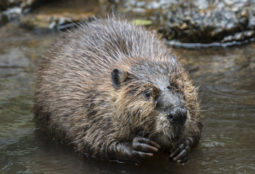
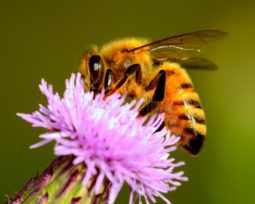 On today’s show Beth talks to Prof Michael Breed about honeybees. Sure, there is a little on their decline which is concerning to all of us, but we focus on many remarkable aspects of their biology. If you want to go deeper, you can visit
On today’s show Beth talks to Prof Michael Breed about honeybees. Sure, there is a little on their decline which is concerning to all of us, but we focus on many remarkable aspects of their biology. If you want to go deeper, you can visit 